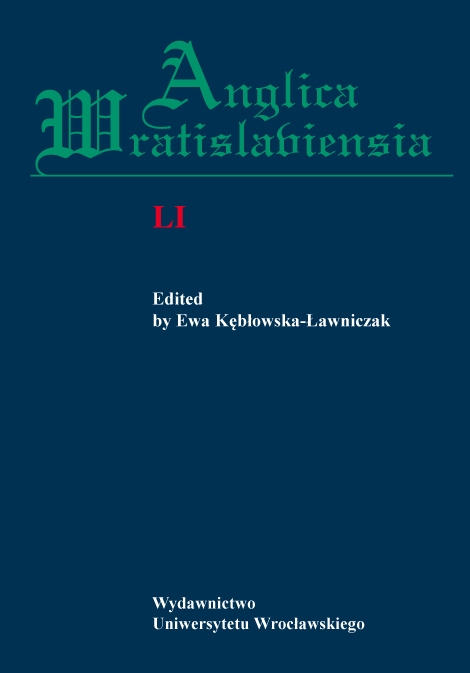

Literature and Culture

Umberto Eco’s career as a literary theorist and a scholar might be divided into two stages. The first, early stage would be marked with an attempt at devising a semiotic theory of literary interpretation, as it was attempted in works such as The Open Work, A Theory of Semiotics, or The Role of the Reader, whereas the second stage would encompass the bulk of Eco’s later theoretical work, including The Limits of Interpretation, and Interpretation and Overinterpretation. Perhaps the biggest difference between these two periods is Eco’s gradual retraction from creating any overarching theoretical framework for literature, from the possibility of formulating a general, semiotic literary theory. Indeed, whereas in his early works, Eco tries to combine C.S. Peirce’s processual semiotics and reader-response criticism in order to create a positive program for literary studies, in his later works, he moves to a more defensive position, as if acknowledging the almost uncontrollable character of interpretation, setting himself a more modest goal of merely defining its limits. This essay will try to show that Eco’s early, grand semiotic theory is marked with a paradoxical attitude towards the literary text, as he wishes to see interpretation as an equal dialogue between the text, and the reader, but in fact, he is never able to give a coherent account of this dialogic relation. His concept of the Model Reader cannot transgress the paradox of circularity, of being the creator, and the product of the text at the same time. His idea of a dialogue of equals seems to be subverted by the practical applications of his theory which suggest that readers cannot simply generate meanings, but have to also evaluate it. A serious discrepancy between Eco’s theory and practice emerges as a result of an unresolved struggle between endorsing reader’s constructionism and textual essentialism, between promoting the processual, and the mechanistic idea of interpretation. And, although any personal reasons for which Eco might have abandoned his major work in semiotics are of no importance for this analysis, it is perhaps true that his theory could never have met its very own expectations.